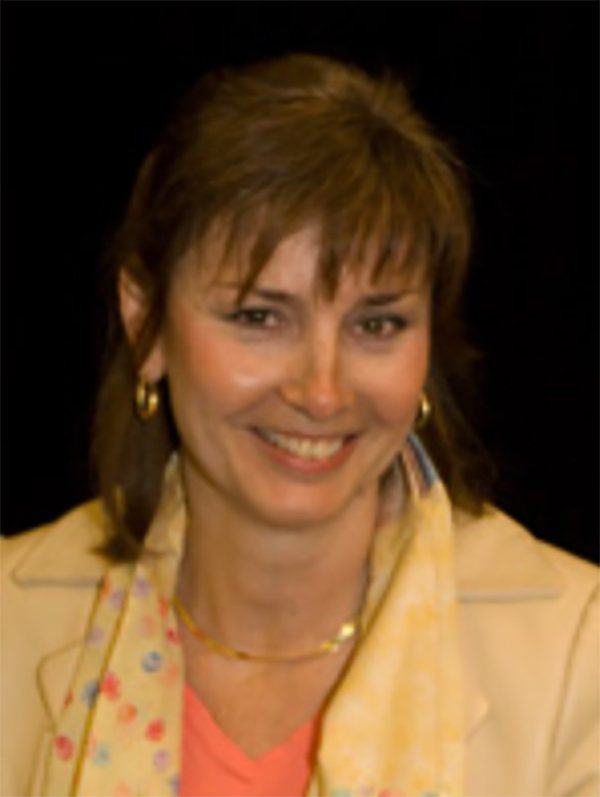
Person of the Week
Jean Maginnis
Leader, Advocate, Marketing Strategist, Founder and Executive Director Maine Center for Creativity
I have found work that I want to do every day and that I want to contribute to the community. I have discovered what it means to extend my personal self into the community and find the community to be supportive.
1. What led you to the mission of being the Executive Director and Founder of the Maine Center for Creativity?
I was led by an interest in helping my community move in a direction of economical and cultural growth. 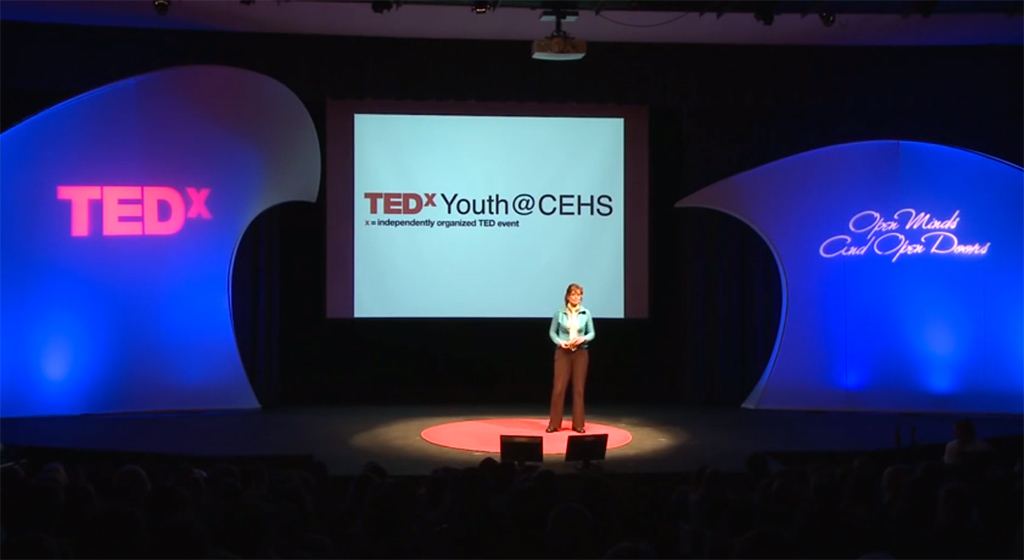 Maine is a poor state and doesn’t have a lot of job opportunities – especially for young people. When my son was a junior in high school, he told me that he needed to move because there wasn’t enough opportunity for him here in Maine. That really struck me as a big deal. I wanted to do whatever community work I could to help develop opportunities for young people in the community. (To watch a Tedx video of Jean, click on this link.)
Maine is a poor state and doesn’t have a lot of job opportunities – especially for young people. When my son was a junior in high school, he told me that he needed to move because there wasn’t enough opportunity for him here in Maine. That really struck me as a big deal. I wanted to do whatever community work I could to help develop opportunities for young people in the community. (To watch a Tedx video of Jean, click on this link.)
At the time around 2004 and 2005, the governor had a campaign to help the creative economy in Maine. I thought that was where the advancement needed to take place. That’s where I decided to throw my hat in the ring and try to develop a creative economy. 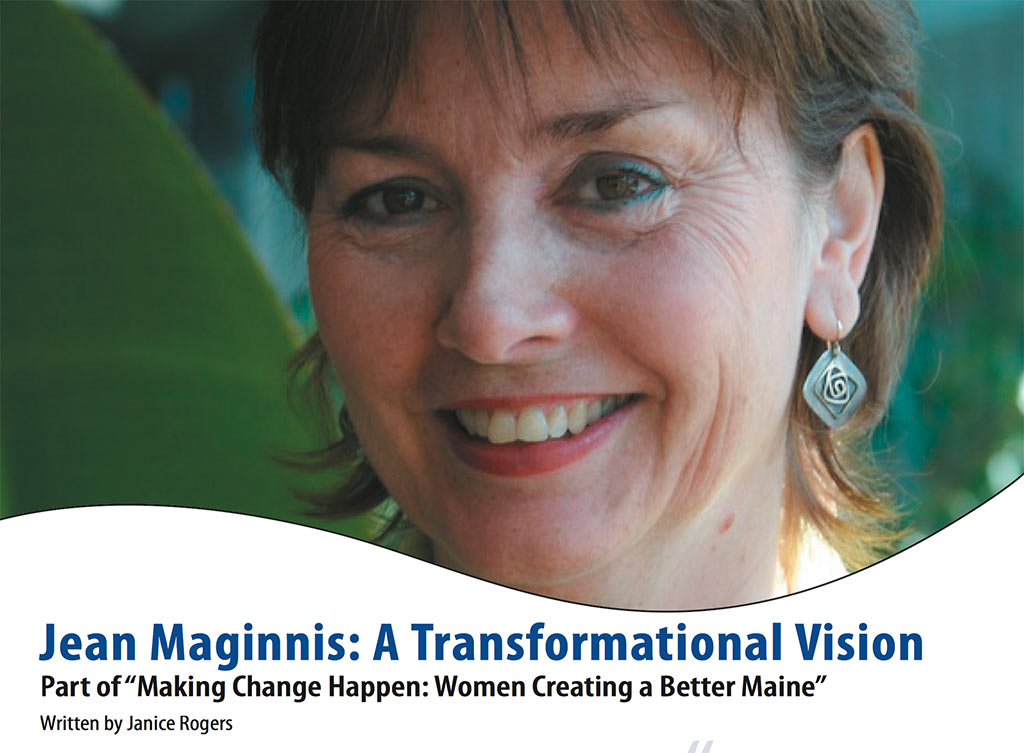 I wanted to build Maine’s visibility as a creative and innovative place. (Note: To learn more about creative industries and Jean’s organization Maine Center for Creativity, click here.)
I wanted to build Maine’s visibility as a creative and innovative place. (Note: To learn more about creative industries and Jean’s organization Maine Center for Creativity, click here.)
I had to start with self-reflection to figure out what skills I could contribute to community work. I had wise friends who suggested that I might want to go through a program called the Institute for Civic Leadership in Portland, Maine. My friends told me, “If you want to be a civic leader, you might want to take this course.” I went through the course and it was transforming. It really helped me understand what we have to do to be participating in a community. (Note: To learn more about Jean, click here.)
2. What does this mission mean to you?
It means that I have created meaningful work for myself. It means I have found work that I want to do every day and that I want to contribute to the community.  I have discovered what it means to extend my personal self into the community and find the community to be supportive. There are always different issues you have to deal with when you extend yourself into the community. You give your voice a point of view. Some people don’t agree with you.
I have discovered what it means to extend my personal self into the community and find the community to be supportive. There are always different issues you have to deal with when you extend yourself into the community. You give your voice a point of view. Some people don’t agree with you.
At the same time you learn how you deal with questions and disagreements. You learn what it means to have people support you and bring their skills in order to do things together. It is a journey about understanding how much we do together. It is about figuring out how to put my skills in to help lift something that I wouldn’t be able to lift on my own – and neither would the other person. So it is this togetherness and how to work complementary to each other. This dynamic is so very powerful. You know you can’t do this work by yourself. The more people you get involved, the lighter the burden and the easier it is to get the job done.
3. What was your best day as executive director and founder?
Recently we ran a program called PechaKucha. An architect from Tokyo put together this format for creative people. It is done in about seven hundred cities and we started doing it in 2007 in Portland, Maine. 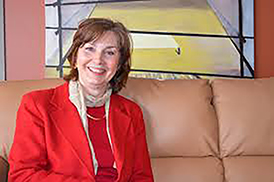 (Note: PechaKucha nights are informal and fun gatherings where creative people get together and share their ideas, work, thoughts, holiday snaps – just about anything in the PechaKucha 20×20 format. This format is a simple presentation where you show 20 images each for 20 seconds and you talk about the images.)
(Note: PechaKucha nights are informal and fun gatherings where creative people get together and share their ideas, work, thoughts, holiday snaps – just about anything in the PechaKucha 20×20 format. This format is a simple presentation where you show 20 images each for 20 seconds and you talk about the images.)
I was very engaged in wanting to keep this program in the city. PechaKucha is a quarterly program where people come together in a 20×20 format – twenty images in twenty seconds. People express themselves in this way. They tell about their furniture making. They tell about their industrial design ideas. They tell about their neighborhood association ideas. It is all about letting people have a voice about their ideas and giving them a format that is easy to express these ideas.
We recently had our July event. Ten people shared their ideas and expertise, and ideas, and point of view. It was a very inspiring night. There are always these big moments when something moved for an organization. People are inspired when they see these moments and see what is happening at each stage of an organization.
4. What was your worst day as executive director and founder?
My worst is all the days when I doubted what I could do. Maya Angelou has a great quote. 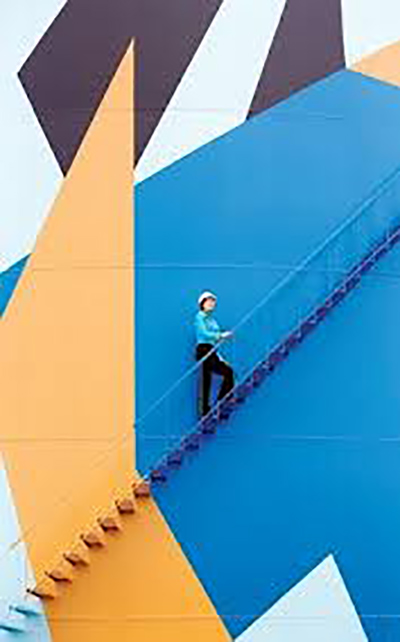 She has this concept that others have shared as well. She has one of the best quotes on this topic, “Who are you not to be great?” In other words we are all born with this ability to do something that makes us feel good about how we connect in our communities. We hold ourselves back with fear and self-doubt. Those are the bad days. (Note: To learn more about Maya Angelou, click here. She stated, “If you have a song to sing, who are you not to open your mouth and sing to the world?”)
She has this concept that others have shared as well. She has one of the best quotes on this topic, “Who are you not to be great?” In other words we are all born with this ability to do something that makes us feel good about how we connect in our communities. We hold ourselves back with fear and self-doubt. Those are the bad days. (Note: To learn more about Maya Angelou, click here. She stated, “If you have a song to sing, who are you not to open your mouth and sing to the world?”)
5. How did you survive your worst day?
Oftentimes I survive because a person comes forward to give me a moment to pay attention to something else. Someone might say, “Look at what this person just wrote.” I say, “OK.” Surviving is about paying attention to what else is happening – all that is happening around me.
6. What advice do you have for someone who would like to pursue a mission similar to yours?
If you doubt yourself, get connected and pay attention to how others can help you move to the next place. 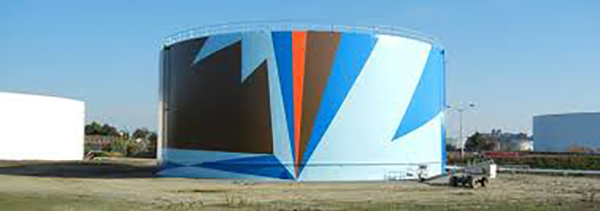 Part of the Institute of the Civic Leadership program that was so powerful for me as a metaphor, was to be put through three days of Outward Bound. Essentially they taught us how the team was going to get us through the course. I remember being so scared to go up on these high ropes way up in these pine trees. I was very scared that I didn’t have the upper body strength. It wasn’t about height or balance. It was about how was I going to physically get my arms to pull me up in the tree in order to get myself onto the rope. (Pictured is an initiative launched in 2008 called the Art All Around® project. Click here to find out more.)
Part of the Institute of the Civic Leadership program that was so powerful for me as a metaphor, was to be put through three days of Outward Bound. Essentially they taught us how the team was going to get us through the course. I remember being so scared to go up on these high ropes way up in these pine trees. I was very scared that I didn’t have the upper body strength. It wasn’t about height or balance. It was about how was I going to physically get my arms to pull me up in the tree in order to get myself onto the rope. (Pictured is an initiative launched in 2008 called the Art All Around® project. Click here to find out more.)
What they were teaching us was to pick somebody who you would like to be mentored or coached by. I remember picking this man who I would not normally pick. I didn’t think that we had a lot in common. We all had different levels of physical capability. I decided that I should choose the one who I didn’t have the comfort level with and see how someone like that could help me learn.
They asked to choose a partner before we really knew what we were going to do with that person. I didn’t know I would need somebody with upper body strength when I picked him. I remember walking to the ropes with him and saying, “You know I am petrified that I won’t be able to get myself up.” 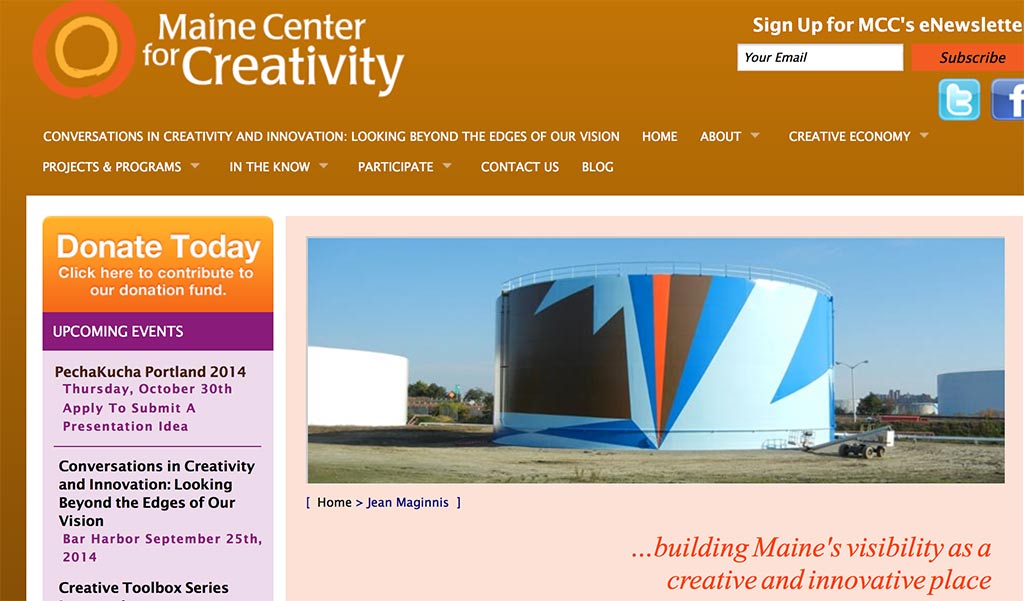 He gave me his fears about himself. He said he was worried he would not get the right encouragement. We basically told each other what we didn’t think we could do. By doing that, of course, he was the one who helped me get me up – because he knew that was the thing I was afraid of. He shared with me that what I did for him was equally powerful. His issue was different from mine. I was able to give him encouragement.
He gave me his fears about himself. He said he was worried he would not get the right encouragement. We basically told each other what we didn’t think we could do. By doing that, of course, he was the one who helped me get me up – because he knew that was the thing I was afraid of. He shared with me that what I did for him was equally powerful. His issue was different from mine. I was able to give him encouragement.
This metaphor was to do something that you have never done — something that was too scary to do and that looked like you didn’t have the skills to do. The lesson I learned is that you probably can do it if you ask for help and if you have good people around you that understand that they need help too. It sounds silly in a way, but this lesson was a very important training for me. I had to understand that there are things that I can’t do and I need to ask for help from those who can do these things.
This is what happened when I started the Maine Center for Creativity.  We had two people working who had a certain set of skills. Then we had two more. Then we had two more. Essentially it was a fascinating thing that we were all moving towards a common goal. People appeared that needed to be there – as long as I kept explaining what I was trying to do and telling them what I needed next. I think that is probably a hard thing for most people. It certainly was for me. We are taught to be independent. But there must be a balance of independence and interdependence that we have with one another. This is so very important.
We had two people working who had a certain set of skills. Then we had two more. Then we had two more. Essentially it was a fascinating thing that we were all moving towards a common goal. People appeared that needed to be there – as long as I kept explaining what I was trying to do and telling them what I needed next. I think that is probably a hard thing for most people. It certainly was for me. We are taught to be independent. But there must be a balance of independence and interdependence that we have with one another. This is so very important.
I get excited when people have bold ideas they want to move on and when they ask for help. It is one of the things that high school students might think as their crazy ideas that will never happen. It’s a matter of them telling the idea and then asking for help. It really is that simple. A lot of kids might think it is a lot more complicated than that. They might think they have to a lot of cash or get a master’s degree or PhD. But it may mean taking simple idea, talking about it, having other people know about it, asking for help, and making it happen.
It is important to realize that sometimes the pressures of the world can take some of our confidence away from us. It’s just a daily reminder to have confidence in our abilities. We must have confidence that other people can add what we need in order for us to accomplish something.
- « Previous person: Tonya Hornberger
- » Next person: Charlotte Manges